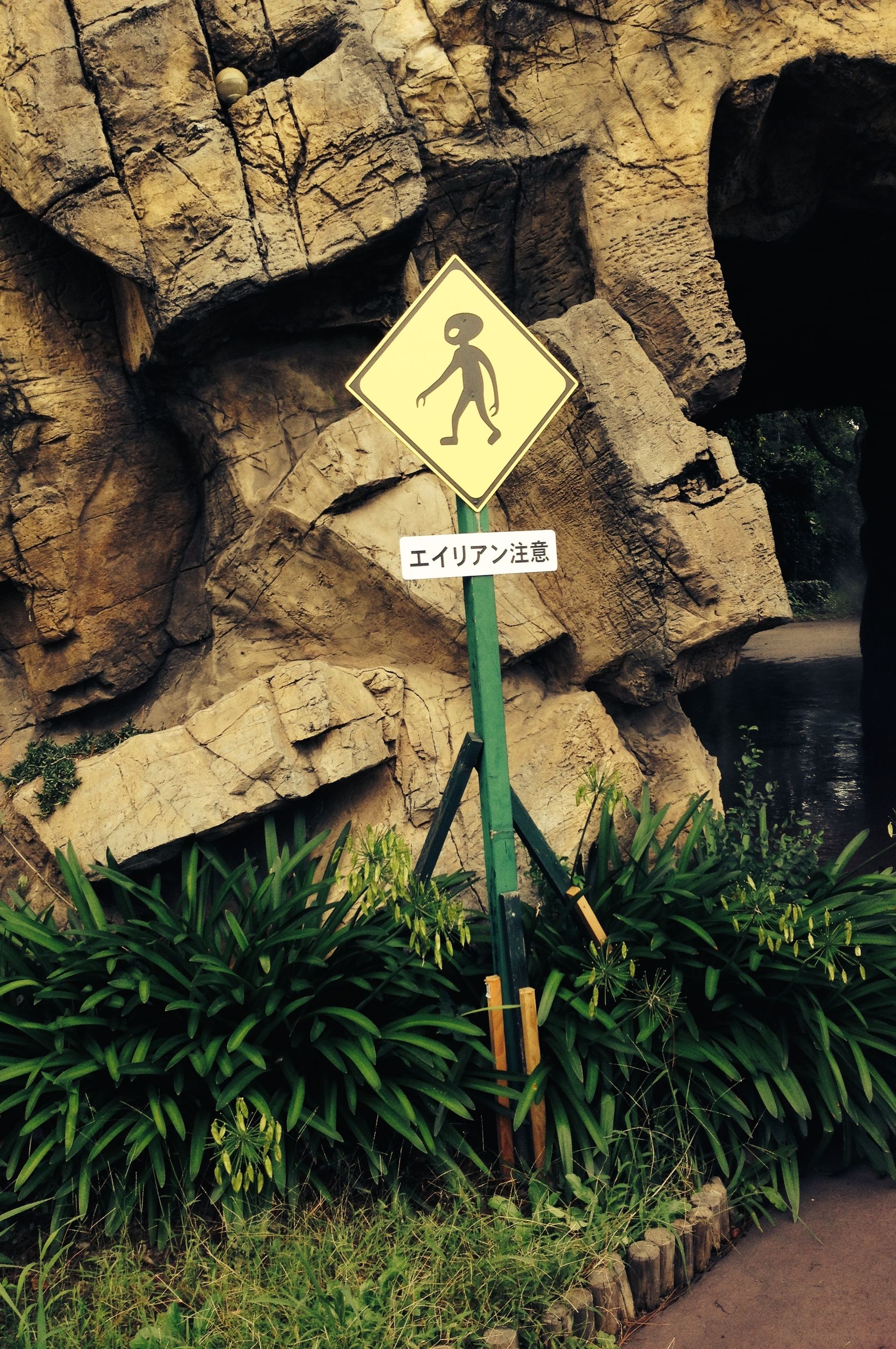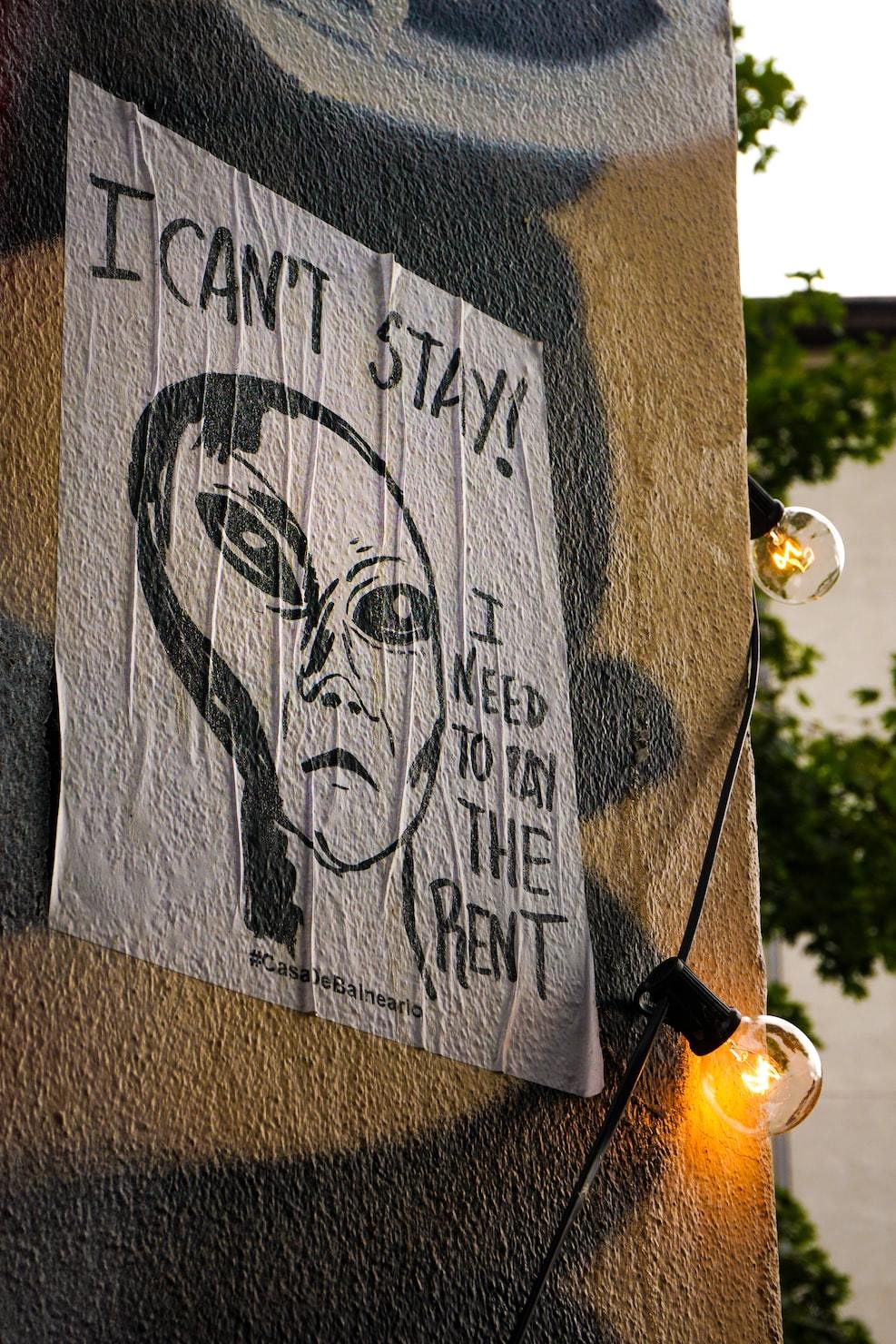When I reminisce about the number of “sick” days I spent at home during my teens, I inevitably think about the countless hours I’d spend just vegetating in front of a television. Back then, television was pretty drab, daytime television even more so. Well, that is, until you flicked to channel 186; The History Channel. Admittedly the idea of getting lectured on the Second World War while having the stomach flu sounds like torture, but unfortunately and for reasons that I still don’t quite understand, there is a severe lack of historical fact to be found on the channel. In exchange, you are greeted by the legendary Giorgio A. Tsoukalos and the fever dream show titled ‘Ancient Aliens’.
‘Ancient Aliens’ is a conspiratorial TV show that doesn’t shy away from some of its goofiness. It doesn’t pretend that it is some all-knowing work of prophecy. It’s a conspiracy theory at its most harmless and perhaps a fun thought to occupy your mind. Whether you believe it or not would probably have very little effect on other members of society. The basic premise of the show is ‘evidence’ that ancient, extraterrestrial species have been visiting earth since the beginning of our planet’s origin and are potentially our creators through genetic experimenting. It’s kind-of-compelling because it portrays an ‘exciting’ answer to many of the mysteries we see in archeological findings such as the pyramids. Conspiracy theories, however, run far deeper than aliens potentially helping advance ancient civilisations and many of them can have negative societal impacts.

DTS, Nich Fancher
What exactly is a conspiracy theory? Conspiracy theories are defined as alternative explanations of historical or ongoing events claiming that people or groups with sinister intentions are engaged in conspiratorial plotting. Consider David Icke’s infamous Lizard Elite Illuminati theory, chemtrails, the moon landing being fake, or more recently, that 5G (mobile network) was causing Covid. Honestly, there are simply too many to mention. Some may seem silly, but the stats show that there is far more widespread belief in conspiracy theories than you may initially think. “What we found is that the more conspiracy theories we ask about, the fewer and fewer people there are that don’t believe in any,” says political scientist Joseph Uscinski who has been researching conspiracies for over a decade.
So, how have these theories become so deeply entrenched within society when at face value, a lot of them seem factually flimsy or laughably ludicrous? Well, many psychologists, philosophers, political scientists and cognitive researchers have poured countless hours into understanding conspiracies, looking at how they take root, why they are so popular, and why they seem so hard to shake. First and foremost, it’s important to note that certain conspiracy theories turned out to be true. Edward Snowden, for example, outed the National Security Agency of mass surveillance on a practically global scale, proving a longstanding theory that the US government had been spying on civilians in the name of “national security”. While true whistleblowers like Snowden exposed some immense intelligence secrets to the public, leading figures like Alex Jones emerge in the conspiracy space, capitalising on the inherent fear or feeling that we have that we are being lied to by society’s biggest institutions. More on that guy later.
Simply put, we as individuals are not all-knowing. There are gaps in our knowledge, and when we seek out information to fill these gaps, there is a chance that the information we choose is factually flawed. In a video by The Guardian, they even point out that if we are repeatedly exposed to falsehoods, we become more and more likely to start believing it. So what is the point of humans seeking out this information; why do people create and perpetuate conspiracy theories? David Barron, an Academic Psychologist, explains that “human beings crave logic, human beings crave understanding, they need to know why something has happened.” Dr Elise Wang and Professor Varon Swamy take this idea of understanding and apply it more directly to why conspiracy theories are so effective in capturing people’s imaginations. “Conspiracy theories fill a need for control. Essentially simple explanations are adopted more easily because they are simple. This gives you a target [i.e. the government]. The concept of an enemy is no longer abstract, it’s physical, and you can take action against it,” says social psychologist Prof. Swamy.


Stock Video Motion Array
Similarly, Dr Wang, a researcher on the internal logic and rhetoric of conspiracy theories at Duke University, explains that, at least to her mind, what conspiracy theories attempt to do is to get a powerful actor behind a powerful event. The more powerful the event, the more powerful the actor and it is often attempted to be focused on one person. These chaotic events are far easier to process when it’s a singular actor rather than the consequence of a complex combination of societal factors. Here you just have to look at how so many people blamed Bill Gates for Covid as if he cooked up the virus-like some billionaire playing ‘Plague Inc’ in real life.
We’ve heard it all before, phrases that were plastered all over anonymous web-bulletin 4chan.com – conspiratorial catchphrases like “it’s all connected”.
Some of the most well known conspiracy theories include ‘The Illuminati’ or ‘cabal’ which suggest the existence of a secretive organisation that controls global events and manipulates governments, economies and media. According to believers, this group consists of elite individuals from various fields who work together to establish a New World Order, said to wield significant power and influence, using symbols and hidden messages to communicate their intentions – particularly through celebrities and pop culture.
Other crazy theories like the ‘flat Earth theory’ propose that the Earth is not a sphere but a flat disc. It claims that evidence like the visibility of the horizon and the lack of perceived curvature can be explained by alternative explanations rather than the Earth’s actual shape. This theory contradicts extensive scientific evidence and observations that consistently support the Earth’s spherical shape, including satellite imagery, global positioning systems (GPS), and literal centuries of astronomical observations. Yet, ‘flat-earthers’ are some of the most militant, which shows that conspiratorial thinking cannot be met with reason or contrary evidence.
One of the first conspiracy theories to arise in our century was around 9/11; with many people believing that the terrorist attack of the Twin Trade Towers was an inside job orchestrated by the US government, as a pretext to invade the Middle East for oil extraction and to destabilise their growing economic position in the world. This one isn’t actually much of a stretch of the imagination, considering the USA’s secret history of intervening in Latin America. It also points to the idea that at its core, conspiratorial thinking is part of how we rationalise our confusing and expanding world.
Psychologists also point to a phenomenon called Illusory pattern perception as a hypothesis for the prevalence of conspiracy theories. As the hypothesis goes: what seems to actually be happening is that as part of our evolutionary journey, we have pattern detection hardwired into our brains. This helped our ancestors forage resources that clumped together and also helped us avoid danger, but we may have gotten a bit too good at it and now find patterns in things where there are none in an attempt to make sense of chaos.
Humans are, at our core, storytellers, and often conspiracy theories are pretty enticing stories. As Zaria Gorvett writes for the BBC, “Conspiracy theories have all the elements of a good story – terrifying villains, creative plots, and moral lessons. Because of this, a well-constructed conspiracy can have a powerful hold on the public imagination, in a way that a narrative about a ‘virus emerged entirely unpredictably and killed thousands for no reason’ is unlikely to be able to rival. Some psychologists have compared conspiracy theories to religious beliefs, in the way that they help us to feel more in control, by taking unpredictable or random events and making them seem somehow predestined or shaped by human hands.”
We are almost predestined to believe at least some conspiracy at some point, but why, then, is it so hard for people to shake even in the face of empirical evidence? Well, first and foremost, I think this comes down to a level of distrust in anything related to the establishment, not only from conspiracy theorists but around the board. There is also the fact that our brain, incredible as it is, sometimes works in somewhat backwards ways. Nadia Brashier is a cognitive scientist who explains the dilemma faced by the brain when trying to unlearn misinformation. “It’s really hard to correct misconceptions once we accept them. The brain data shows that these myths are never erased, so we’re concurrently storing both the original misinformation and its correction.” Then there is also the fact that, for the most part, how conspiracy arguments are set up, the theory is not necessarily falsifiable. In this world, any evidence that seems to disprove the conspiracy only goes to prove the conspiracy further. It’s a classic case of “That is what they want you to think” and “Of course, they’d say that”. When you are living in the realm of conspiracy theories, everything can be distorted using cognitive bias to ‘prove’ the threads of these beliefs.


Unsplash
What is the harm? So what if the Facebook tannies think chemtrails are being used to control the country? Well, here’s where it gets dicey. Statistics overwhelmingly show that very rarely do people believe in only one conspiracy. Yes, they may not think birds are real, but as the ridiculously anti-semitic comment section of Sex in Afrikaans shows, too many people believe the whole world is being controlled by a handful of Jewish overlords. And herein lies the problem. Political extremism leads to people having a ridiculously rigid perspective, and societal systems outside that perspective work in an us versus them kind of manner to these people. We end up in social media echo-chambers that reinforce or introduce us to extremist and potentially dangerous ideologies and dogma. Within these eco-chambers, massive conspiracy movements like QAnon thrive and, with the help of social media, disseminate at an almost unfathomable rate. In groups of like-minded anger, disdain and disillusionment, we see the rise of some absolutely terrible behaviours. As Prof Swamy states,”[conspiracies] are typically associated with negative outcomes. Whether it’s greater racism, denial of science, denial of medical consensus or the lack of engagement with mainstream politics, the danger is that actions driven by conspiracy theories can be dangerous because they are disconnected from our shared reality.”
This brings me back to Alex Jones. He is a raging conspiracy nut known for his erratic, emotionally driven show ‘InfoWars’ that covered all manner of conspiracies, packaging them as ‘truth’ for his viewers. I have always found it perplexing that the man had such a massive platform while preaching the most off the wall shit that has ever been uttered, just to cut in with an ad about his supplements and ask for funding all “to keep the lights on for truth” while raking in millions. Well, simply to illustrate the radical impact one person with baseless theories can have. Jones’ rhetoric played a large part in the January 6 Capitol Riots in which QAnon Trump supporters occupied the Capitol Building in an event I still can’t believe happened. Most disgustingly was a staunch denier of the Sandy Hook Massacre where a 20-year old shot and killed 20 kids and six staff members. Practically since the horrific incident, Jones has spewed rhetoric that it was a government coverup and that the grieving parents were all actors. Imagine how fucked up and detached from reality you have to be? Fortunately, Jones has been ordered to pay 1 billion dollars in damages, but I don’t think any amount of money can make up for the years of physiological damage, death threats, and intimidation tactics suffered by the parents at the hands of Jones and his supporters.
It seems that conspiracies will always lead to the extreme. It serves to other already marginalised groups to justify racist sentiments and to reaffirm notions of dangerous extremism. Conspiracy theories are powerful because often they are far easier to digest than the nihilistic realisation that we are, in fact, not nearly as in control as we would like and that crazy, unexplainable things can happen to us at any time. What gets lost in the murkiness of conspiracy theories is the real accountability that we should be seeking from institutions; such socio-economic and political equality for all people around the world.
We live on a planet and in a universe in which we are not even really sure how or why we got here. Questions like, ‘are we alone in the universe?’ are reasonable existential questions, and people spend lifetimes developing through science and spirituality various ideas and answers. It’s not a conspiracy that we exist, but it will be a long road to ever knowing why we exist; I promise that MilfHunter777 on Reddit or 8chan doesn’t have any information that is accurate, reliable or remotely relevant to these queries.
Written by: Casey Delport
For more news, visit the Connect Everything Collective homepage www.ceconline.co.za















